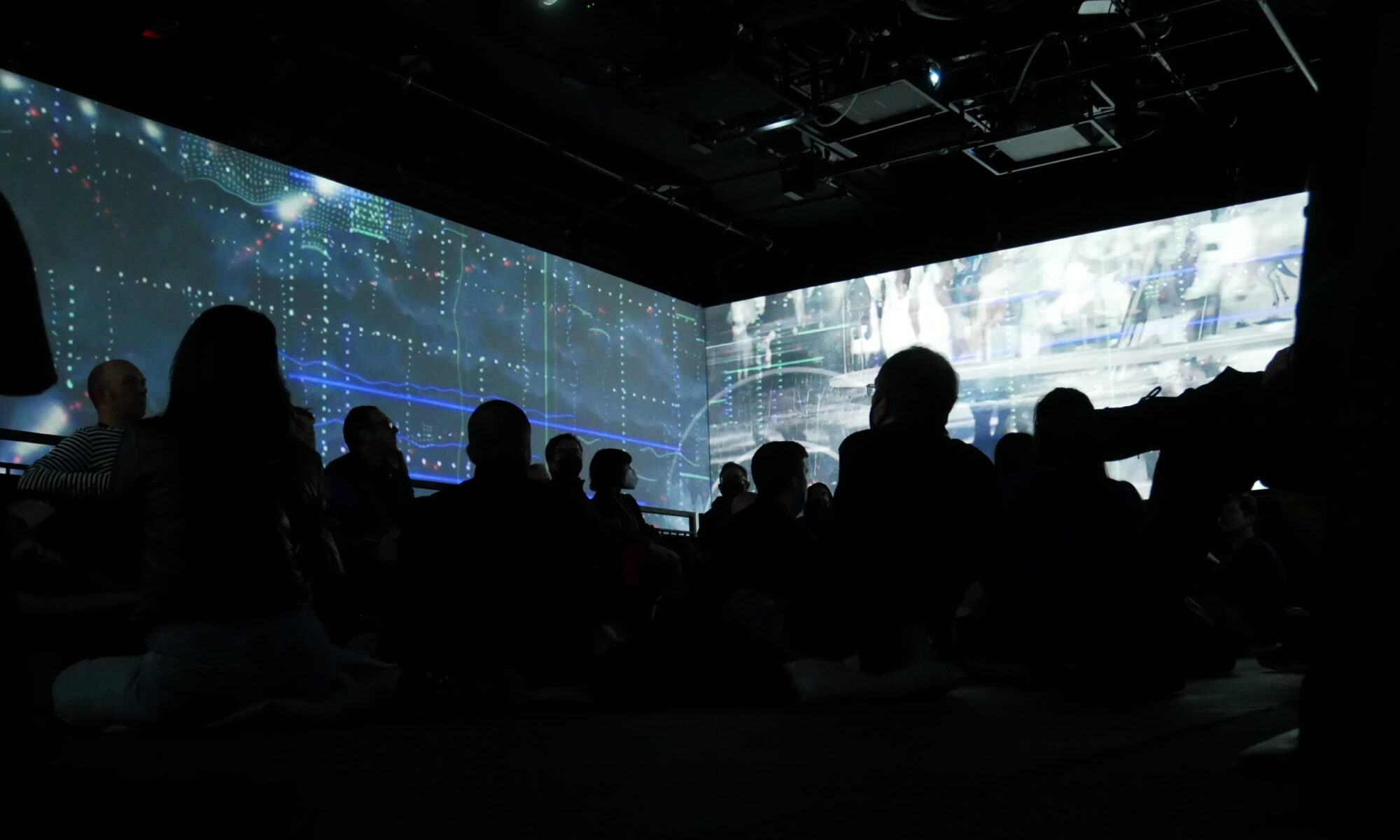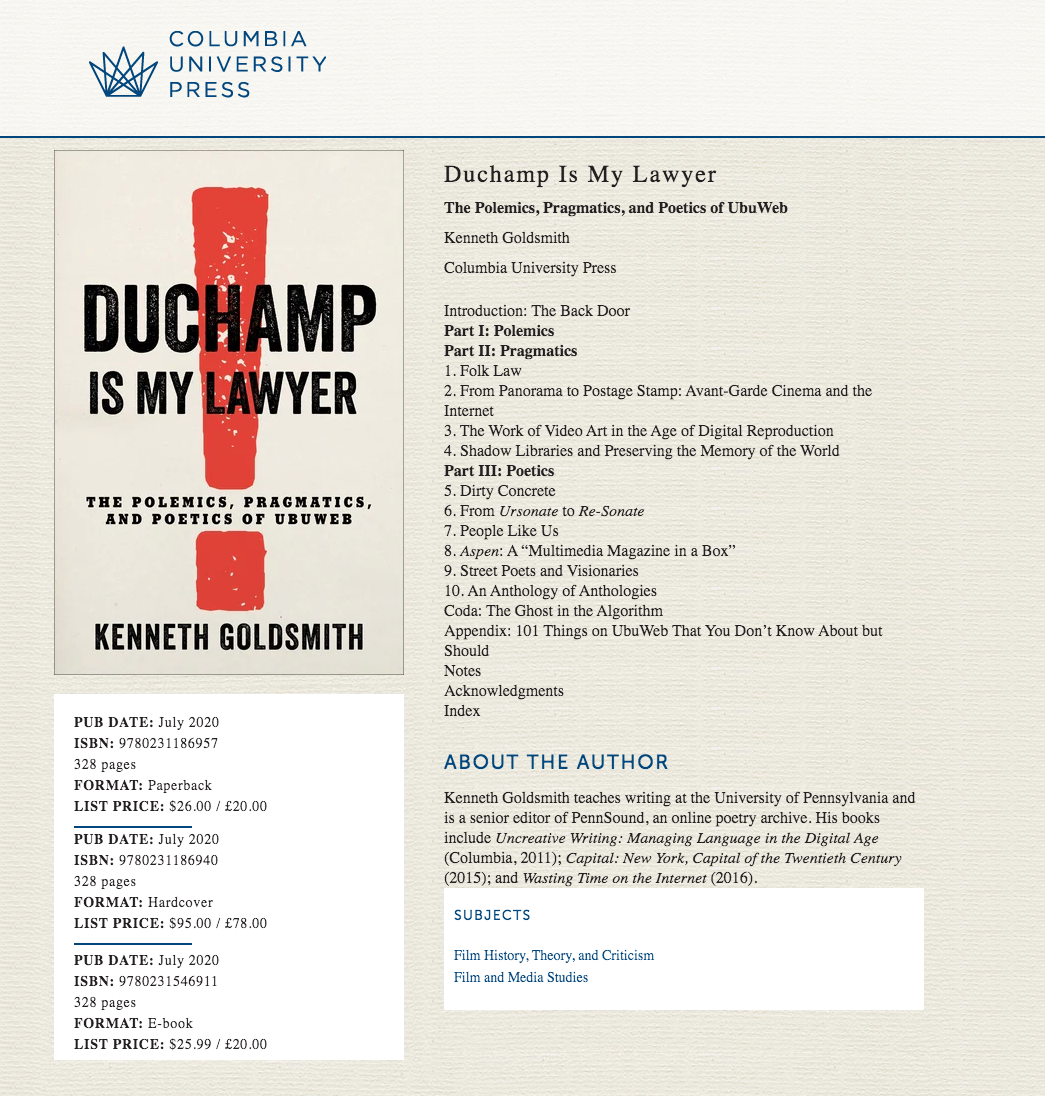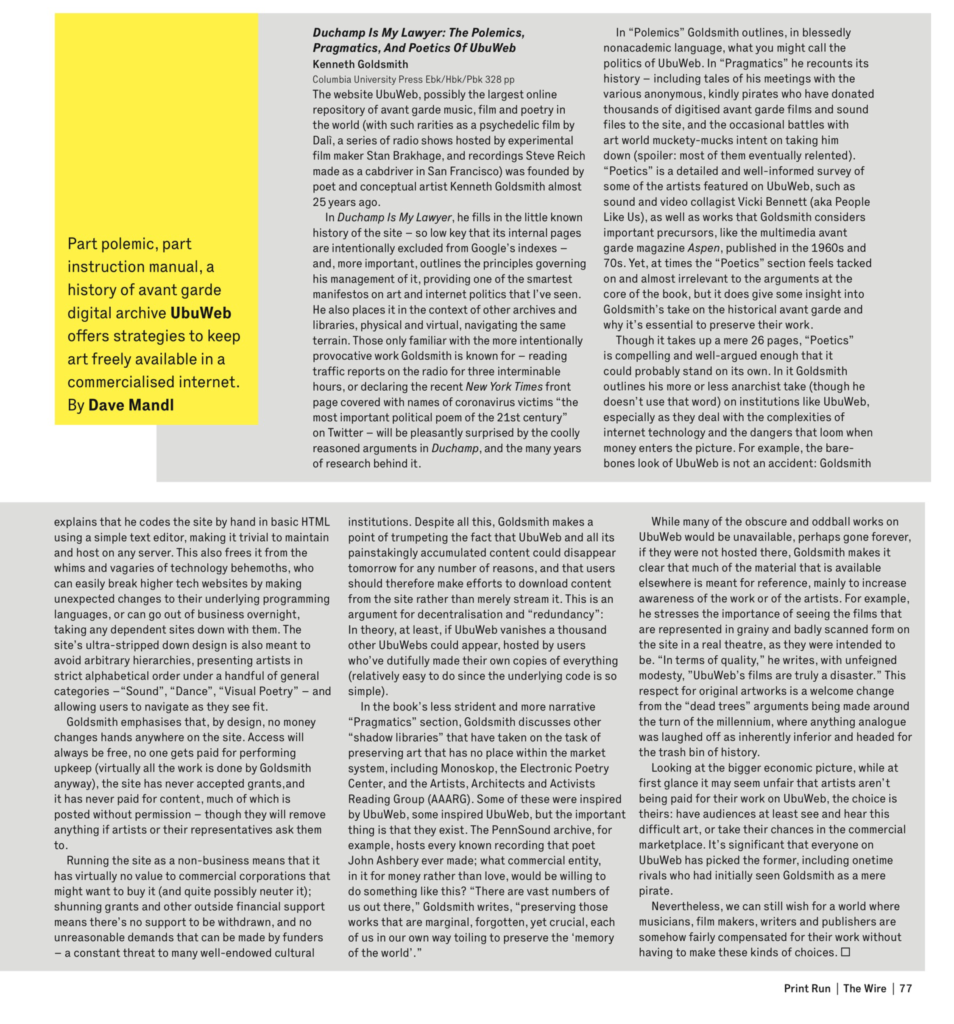People Like Us will be streaming the video The Horror!! on Forma’s website between 18 May until 20 May 2020:
A selection of artists, including People Like Us, who have contributed to Forma’s 18 year history, as well as present and future collaborators, have chosen existing work to return to in a time of change, uncertainty and adaptation. Each film will be screened for 72 hours, with new work made available every Monday and Thursday in the upcoming weeks. Each film will be accompanied by a short Q&A between the artist and Forma, asking what has changed, what has stayed the same and what they’ve been up to in the meantime.
Artists include: Gina Czarnecki, Benedict Drew, Amartey Golding, Sophie Hoyle, Gareth Hudson, Beth Kettel, People Like Us, Himali Singh Soin, Sorbus and Jane and Louise Wilson.
The programme will launch on the 11 May on this page; screenings will be announced via Forma’s Instagram and Twitter channels. The People Like Us film will screen between 18 May until 20 May 2020.
Q&A with Leila Hasham, Deputy Director (Maternity Cover)
You source your clips from both audio and moving image pre-existing material to weave new threads and create patchworks of associations. How do you decide on a particular pairing and sequencing of audio and visual material?
I choose an umbrella subject, big enough to have room for all sorts of tangents. For instance my current live performance (sigh… remember those?) is called The Mirror, which allows for all sorts of threads to do with the obvious reflection but also more interesting and obscure twists and turns in context and content like that of surface, duality, screens, frames and so on. The pairings are sometimes ideas that come in advance, but more often from collecting subject matter, hundreds of clips for several months then putting them together on a computer audio or visual timeline and moving them around to see how they talk to each other.
What prompted you to look at the darker side of celluloid in The Horror!!?
I don’t actually watch horror films for entertainment (although I did when I was a teenager). But I like how in these movies everyone is equal – both the goodies and the baddies are having a bad time, they are all suffering at once, and then you have to remind yourself when you get spooked that they are all actors pretending to have a bad time – and I like the way that stories are often so real that we are so tied into the plot that we can be deeply affected, because it is so much like our own minds, full of stories… but only a certain amount of stories exist, and we just put new names and places onto these things.
In a post-digital world, what role do physical archives play?
Time is a funny thing, and this is what we are referring to with definitions like this. They don’t mean that much to me. We are all dealing with the present. And as you read this that previous sentence is the past. It is all relative, and we all relate, we are all interconnected. What role does any archive play is the bigger question, not what format it is – it is a library, which needs to be shared or it is dead, much like our memories and experiences. What role do they play? They are a point of connection from which to move forward with our lives.
This is a strange time since time is both long and short at the same time, and the mass consciousness right now feels very disturbed and I’m finding it very hard to concentrate on art. I am able to do admin though, so that’s an interesting thing! What are you currently working on and how are you passing the time and staying sane?
“To stay sane” I’ve been tuning into London Buddhist Centre on YouTube most days, and also doing Zoom meditations with a couple of different groups. In addition I’ve been at my allotment, which feels like the only normal place right now.
—
What you up to? is an unfolding online screening programme, inviting artists who have contributed to Forma’s 18 year history of creative production and commissioning to select an existing moving image work to revisit in a time of global change. In accompanying socially-distanced Q&As, Forma staff and the artists catch up on how practices and perspectives are shifting, and what is keeping us occupied during quarantine. Films will be available to stream on the Forma website for 72 hours, updating on Monday and Thursdays.


